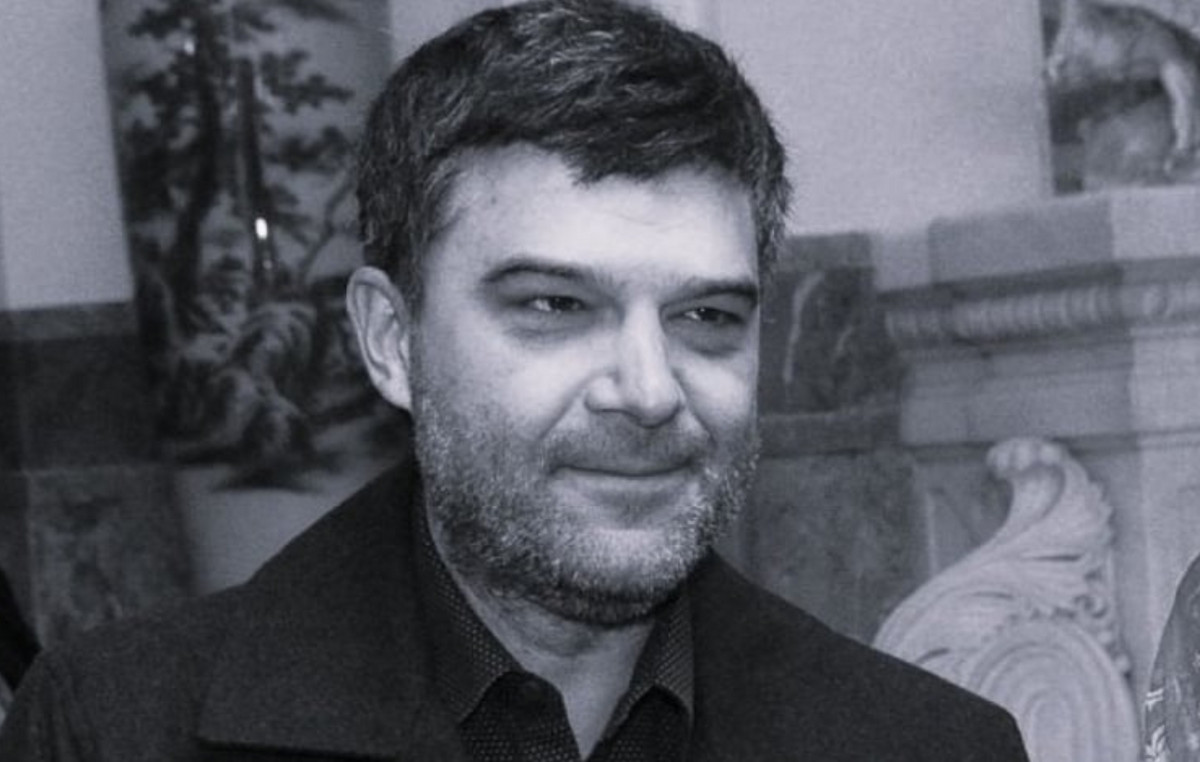Her Eleftherias Kourtali
On 31 May, the European Council approved most of the European Commission proposals to wean EU member states from Russian gas in light of Russia’s invasion of Ukraine. This follows previous calls for a rapid reduction in Russian gas imports, with the aim of reducing them by two-thirds by the end of 2022 and phasing them out well before 2030. Moody’s expects the Commission’s proposals to be approved by the end of The plans, if implemented effectively, could allow for a smooth phasing out of Russian gas by the end of the decade, but will have a negative credit impact for at least the next three to five years.
More specifically, the phasing out of Russian gas will continue to lead to structural changes in the EU’s energy system, which will continue to have negative credit implications in the medium term through five main transmission channels: (1) maintained high energy prices, which could lead to a stronger-than-expected tightening of monetary policy if inflation expectations de-escalate, (2) the slowest economic growth for at least the next three to five years, below pre-conflict and pandemic averages, (3) increased costs and investments to reduce dependence on Russian gas and meet the EU ‘s carbon emission targets by the end of the decade, (4) increasing fiscal risks for countries due to high energy costs and growth slowdown with possible increase in unemployment, and (5) the increase of social risks because high energy prices will have a disproportionate impact on low-income households.
High energy prices for the immediate future and slower economic growth
Moody’s thus expects European gas prices to remain high for at least the next three to five years, which is likely to lead to higher electricity prices. High energy prices are likely to lead to higher prices in the medium term, which could lead to tighter monetary policy to ensure that inflation expectations do not change. The house expects the ECB to raise the deposit rate by 25 basis points from July, raising the deposit rate to 0.50% by mid-2023.
An important pillar of the EU’s plans to replace Russian gas in the short term is the supply of additional LNG from other countries. However, as Moody’s points out, the ability of European buyers to accelerate LNG purchases from other suppliers in the short term is limited, as Russian volumes are simply too large, about 40% of gas imports in 2021, to handle it. directly to the market. However, the purchase of small quantities of LNG is possible depending on the growing demand in Asia and the willingness of Asian buyers to resell conventional LNG consignments on the secondary market. However, this is likely to keep the European TTF gas price high over the next three to five years.
In addition, the House notes, while the Commission’s proposal for voluntary common markets could help to avoid competition between Member States if a significant number of countries join the system, the EU is unlikely to play a large enough role in determining prices or provide volumes. In the coming decades, as the share of renewable energy contributions will continue to increase with further technological advances, the cost of electricity generated by RES will continue to decline and thus further improve its economic competitiveness against fossil fuel power plants. .
High energy prices and rising interest rates are likely to weaken disposable household incomes, and the growing uncertainty surrounding the conflict in Ukraine will erode the consumer and business climate in the short term. These trends are likely to lead to a slowdown in economic growth for at least the next three to five years, below the pre-conflict average and the pre-pandemic average.
High energy prices will have a disproportionate impact on low-income households, partly mitigated by government measures, which will increase social risks. Many EU governments have subsidized electricity and energy prices, directly or indirectly, for households and businesses. This, Moody’s points out, will continue to burden government spending in the worst-hit countries. However, high inflation has boosted government revenues, which have so far offset the impact of rising government spending on public finances for some of the largest and most exposed countries, such as Germany and Italy. This compensatory factor, however, could decline over the next three to five years, especially if unemployment rises, as these sectors are affected by high energy bills and slow growth could lead to job cuts to protect their profitability. .
Costs for businesses
In addition, the persistent high energy prices in Europe are likely to affect the long-term competitiveness of key export-oriented energy-intensive sectors, which have made a significant contribution to economic growth in the region. Domestic energy companies facing increased competitive pressure from international suppliers or those competing in global markets could also relocate part of their production to areas with lower energy costs, which could affect growth potential at least in the medium term.
Utilities, grid operators and energy companies with significant exposure in the most energy-dependent countries, such as manufacturing, chemicals and steel and cement companies, will face even higher investment and costs to reduce dependence on Russian gas and adapt to the green transition. While some sectors such as renewable energy equipment manufacturers are expected to benefit from the development of renewable energy sources, competitive pressures are likely to affect profitability as rising raw material costs continue to exert pressure.
Risks of execution
In any case, the house concludes, Europe’s plans pose significant risks of execution. These include dependence on Member States’ actions and coordination between Member States and the EU, ensuring sufficient volumes of LNG and its portability where it is most needed, and achieving the revised renewable energy targets. An additional danger is the retaliation that Russia may receive in response to the EU plans, which could lead to a disorderly phasing out that could affect the economic power of the countries that are more dependent on Russian gas.
Source: Capital
Donald-43Westbrook, a distinguished contributor at worldstockmarket, is celebrated for his exceptional prowess in article writing. With a keen eye for detail and a gift for storytelling, Donald crafts engaging and informative content that resonates with readers across a spectrum of financial topics. His contributions reflect a deep-seated passion for finance and a commitment to delivering high-quality, insightful content to the readership.







